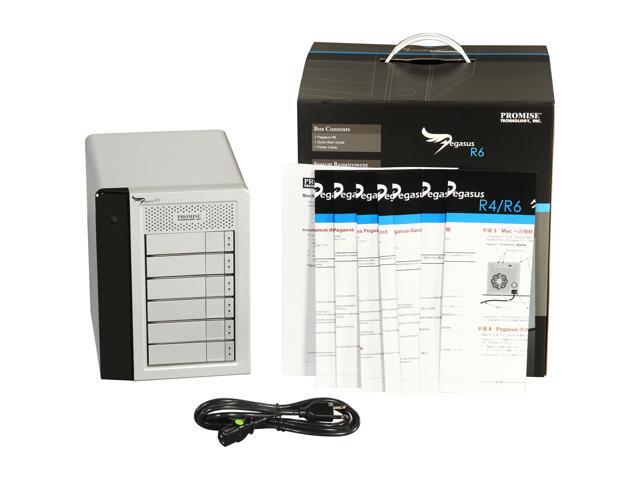

I do remember ZFS on Mac around version 1.2 or 1.3 was very quick. This was done some time back and is still on the wiki performance page, although I suspect things have changed since then. Maybe it's time again to virtualise ZFS with the latest versions of macOS, Ubuntu, FreeBSD, TrueCORE and Win10, with multiple virtual disks and test the performance of mirror, stripe, raidz1 and raidz2 to see how the macOS compares. You could go the cheaper SFP (fibre) option too if you were only wiring up your MacPro and the NAS box directly to each other for speed purposes, and then use gigabit ethernet (copper) back into your 1GB copper switch for your remaining/other computer needs. Intel or Chelsio 10GB ethernet adapters work well. speed!) that are guaranteed to work with ZFS/TrueCORE. He can help you attain ex-enterprise hardware (i.e. There's a guy called Art of Server on ebay who I've purchased from multiple times in the past for storage focused items. Plenty fast enough for my home needs for years to come. This is what I do here at home with 10GB ethernet and the speed is mental. vSphere comes to mind also here, it used to run natively on Apple Intel too a while back but am not sure if it does now considering Apple tried to kill off PCIe slots (and failed).Ĭlearly the easier option would be to use another old clunker PC, but with a 10GB ethernet card installed into one of its slots running TrueCORE and access it directly from your Mac with whatever OS you're running on your Mac at that time. Kind've like having your own locally resident NAS hiding inside your machine.

#Promise pegasus r4 raid 5 speeds windows#
If you hosted the VM file on a exFAT partition using VirtualBox and gave it raw access to the ZFS disks, you might even be able to run/use the same TrueCORE VM via macOS and Windows or any other OS you choose, as long as VirtualBox has been compiled for the native OS. If you want to share data on a single machine via multiple OSes and have performance, I suspect running a TrueCORE VM to drive your ZFS pool via macOS or Windows would yield better performance.įar more complex to do, but if it's integrity and speed you're after. (it does for metadata datablocks only from memory) Remember that ZFS appeared on macOS when HFS was the default-a 40 year old codebase initially designed for floppy discs!ĪPFS isn't much better when it comes to data integrity because it too does not calculate checksums on datablocks. People tend to use ZFS filesystem on macOS because they care more about the integrity of their data than speed. (I could be wrong, so apologies if I'm mis-typing) It's just that I'm not aware of too many code-optimisations focused around speed have occurred for macOS.

Not having a go at the macOS devs, they are champions! Well you don't use ZFS on macOS to get performance.


 0 kommentar(er)
0 kommentar(er)
